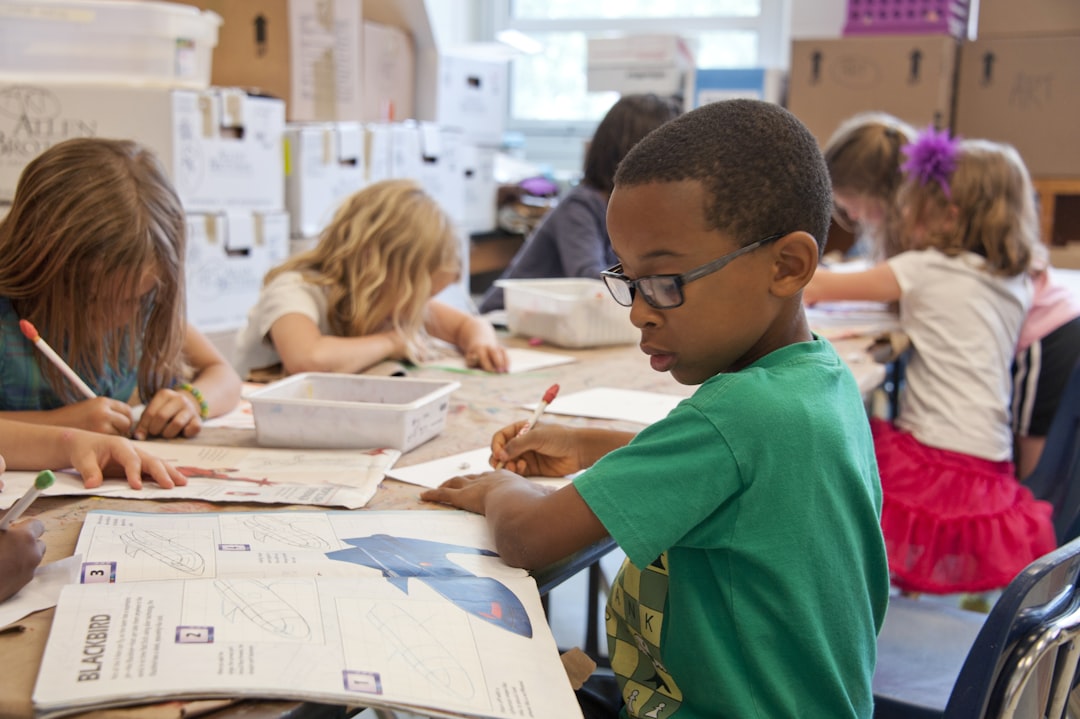Education has been a fundamental aspect of society for centuries, with the aim of developing the minds of individuals and preparing them for the challenges of the world. Throughout history, education has undergone significant reforms in response to changing societal needs and values. These reforms have been crucial in shaping the way we learn and teach today, and understanding their evolution can provide valuable insights into the current educational landscape.
The history of education reform can be traced back to ancient civilizations, where formal education was reserved for the elite and privileged few. In ancient Greece, for example, education was primarily focused on intellectual and philosophical development, with an emphasis on subjects like mathematics, literature, and philosophy. The renowned philosopher Socrates is said to have laid the foundation for modern education through his method of questioning and critical thinking.
During the Middle Ages, education was largely controlled by the church, with a focus on religious teachings and moral instruction. The concept of the university emerged during this period, with institutions like Oxford and Cambridge becoming centers of learning and scholarship. However, education remained limited to the clergy and nobility, reinforcing social hierarchies and inequalities.
The Renaissance period marked a significant shift in education, with a renewed interest in classical learning and humanism. Scholars like Leonardo da Vinci and Michelangelo emphasized the importance of education in fostering creativity and critical thinking. The printing press also played a crucial role in spreading knowledge and making education more accessible to the masses.
The Industrial Revolution of the 18th and 19th centuries brought about dramatic changes in society, leading to the need for a more structured and standardized education system. The rise of industrialization required a literate workforce capable of performing complex tasks, prompting governments to invest in public education and establish compulsory schooling laws. Education reformers like Horace Mann in the United States and Friedrich Froebel in Germany advocated for universal education and the development of innovative teaching methods.
The Progressive Era of the late 19th and early 20th centuries saw a wave of educational reforms aimed at improving the quality and relevance of schooling. Progressive educators like John Dewey emphasized experiential learning and child-centered education, advocating for a more holistic approach to teaching that focused on the individual needs of students. The Montessori method, developed by Maria Montessori, also gained popularity during this time for its emphasis on hands-on learning and self-directed exploration.
The mid-20th century witnessed further advancements in education reform, with the establishment of initiatives like the Civil Rights Movement and the War on Poverty bringing attention to issues of inequality and discrimination in the education system. The Supreme Court’s landmark Brown v. Board of Education decision in 1954 declared segregation in schools unconstitutional, paving the way for desegregation and the push for equal access to quality education for all students.
The 1960s and 1970s saw the rise of alternative education models like open classrooms, magnet schools, and charter schools, as educators sought to break away from traditional teaching methods and create more innovative and personalized learning environments. The passage of the Individuals with Disabilities Education Act in 1975 also marked a major milestone in special education reform, guaranteeing free and appropriate education for students with disabilities.
The 21st century has brought about a new wave of education reform efforts, with a focus on technology integration, accountability, and standards-based education. The No Child Left Behind Act of 2001, signed into law by President George W. Bush, aimed to close the achievement gap and hold schools accountable for student performance through standardized testing. While the law had its critics, it underscored the importance of data-driven decision making in education and the need for transparency and accountability in the system.
In recent years, there has been a growing emphasis on 21st-century skills like critical thinking, creativity, and collaboration, as educators seek to prepare students for an increasingly complex and interconnected world. Blended learning, personalized learning, and project-based learning have gained traction as innovative approaches to teaching that cater to different learning styles and interests. The use of technology in education has also become more prevalent, with tools like online learning platforms, virtual reality, and artificial intelligence transforming the way we teach and learn.
Looking ahead, the future of education reform is likely to be shaped by ongoing debates around equity, access, and quality in education. Issues like school funding, teacher recruitment and training, curriculum development, and assessment will continue to be hot topics in education policy discussions. As we navigate the challenges and opportunities of the 21st century, it is crucial to draw on the lessons of history and the wisdom of past reformers to inform our efforts to create a more inclusive, equitable, and effective educational system.
In conclusion, the history of education reform is a testament to the power of innovation, perseverance, and collaboration in shaping the way we learn and teach. From ancient civilizations to the modern era, education has evolved in response to changing societal needs and values, with each reform movement leaving a lasting impact on the education system. By exploring the history of education reform, we can gain valuable insights into the challenges and opportunities facing education today and work towards creating a brighter future for generations to come.


